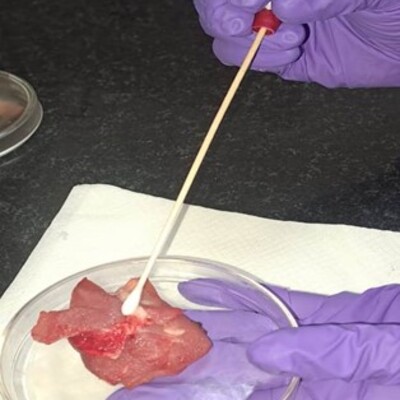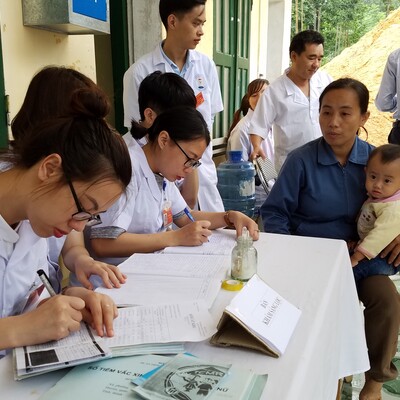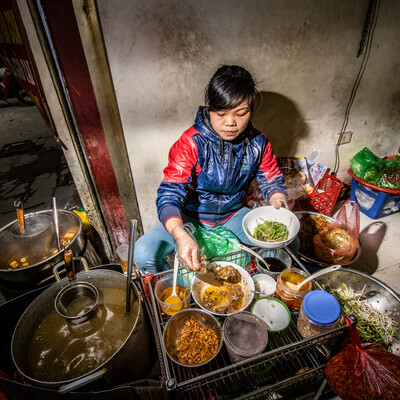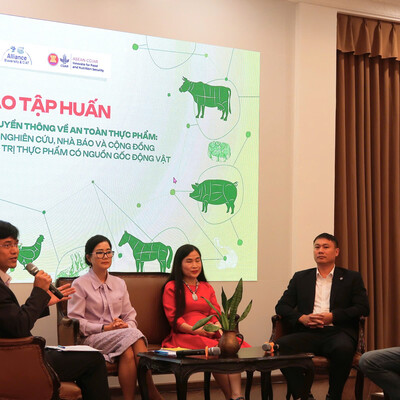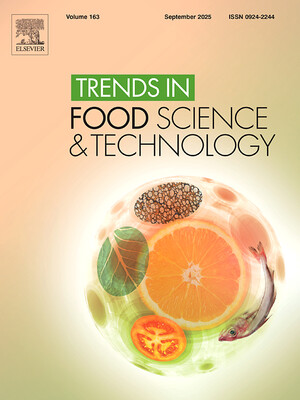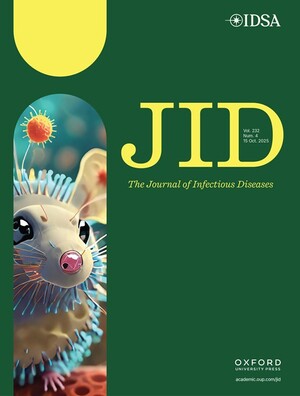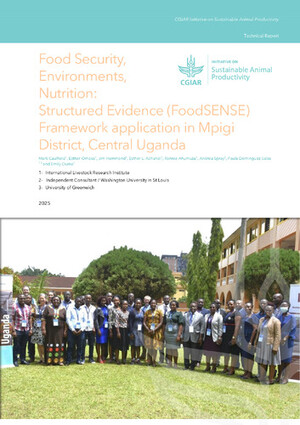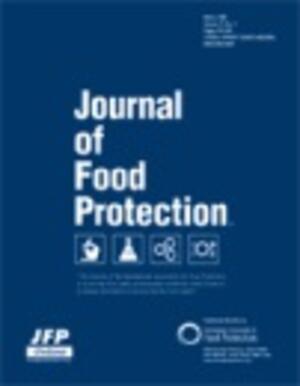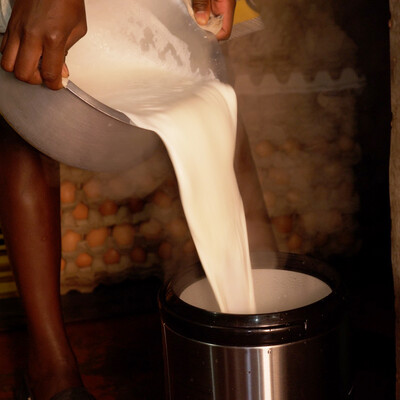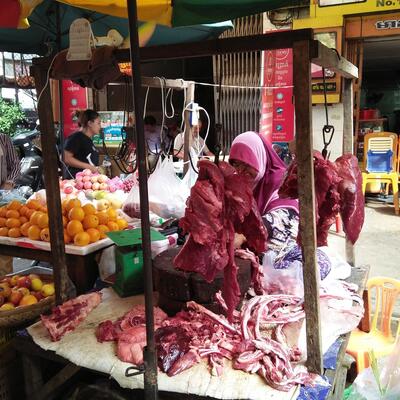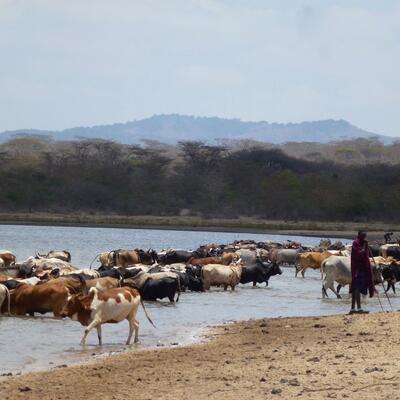
Marking World Food Safety Day 2021 with a focus on ILRI’s food safety research
World Food Safety Day is celebrated annually on 7 June to raise awareness on the importance of safe food and its contribution to healthy lives, healthy economies and a healthy future.
The theme this year is Safe food now for a healthy tomorrow. Our food systems need to produce enough safe food for all. A One Health approach to food safety that recognizes the connections between the health of people, animals and the environment will improve food safety and help meet the nutritional and health needs of the future. Indeed, there is no food security without food safety.
Food safety is everyone’s business. Governments must put in place supportive regulatory frameworks that ensure access to safe and nutritious food for all. Farmers and other food producers need to adopt good agricultural practices to prevent contamination of food products at the farm level. Business operators must make sure food is safe at all stages of processing and distribution of food products. Consumers, too, have a role to play in learning about safe and healthy food so that they are empowered to demand for access to safe food.
The International Livestock Research Institute (ILRI) has a longstanding record of collaborative research on risk-based approaches to improving food safety in traditional, informal markets.
ILRI leads the food safety flagship of the CGIAR Research Program on Agriculture for Nutrition and Health. The main research focus is on mitigating aflatoxin contamination in key staples and on managing risks in traditional, informal markets for nutrient-rich perishables like meat, milk, fish and vegetables.
We commemorate this year’s World Food Safety Day by shining the spotlight on ILRI’s research on food safety. Listed below is a selection of recent food safety publications from collaborative research by ILRI and partners.
Hai Hoang Tuan Ngo, Luong Nguyen-Thanh, Phuc Pham-Duc, Sinh Dang-Xuan, Hang Le-Thi, Denis-Robichaud, J., Hung Nguyen-Viet, Trang T.H. Le, Grace, D. and Unger, F. 2021. Microbial contamination and associated risk factors in retailed pork from key value chains in Northern Vietnam. International Journal of Food Microbiology 346: 109163.
Murungi, M.K., Muloi, D.M., Muinde, P., Githigia, S.M., Akoko, J., Fèvre, E.M., Rushton, J. and Alarcon, P. 2021. The Nairobi pork value chain: Mapping and assessment of governance, challenges, and food safety issues. Frontiers in Veterinary Science 8: 581376.
Rortana, C., Hung Nguyen-Viet, Tum, S., Unger, F., Boqvist, S., Sinh Dang-Xuan, Koam, S., Grace, D., Osbjer, K., Heng, T., Sarim, S., Phirum, O., Sophia, R. and Lindahl, J.F. 2021. Prevalence of Salmonella spp. and Staphylococcus aureus in chicken meat and pork from Cambodian markets. Pathogens 10(5): 556.
Mutua, F., Kang’ethe, E. and Grace, D. 2021. The COVID-19 pandemic and its implications for food safety in East Africa. ILRI Discussion Paper 40. Nairobi, Kenya: ILRI.
ILRI (International Livestock Research Institute). 2021. Keeping foods safe leads to healthier people, livestock and environment. Livestock pathways to 2030: One Health Brief 4. Nairobi, Kenya: ILRI.
Mutua, F. 2021. Food safety in One Health. Video. Nairobi, Kenya: ILRI.
Join the online conversations by following the hashtags #FoodSafety, #SafeFood and #WorldFoodSafetyDay.
Photo credit: World Health Organization







